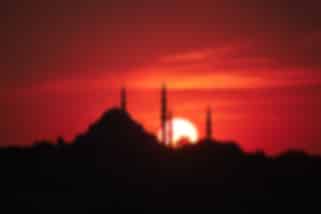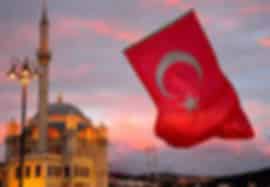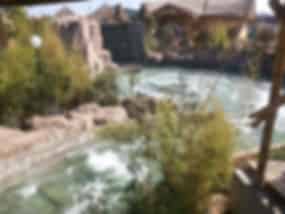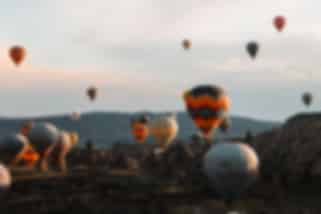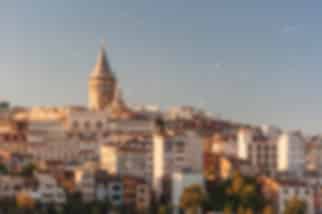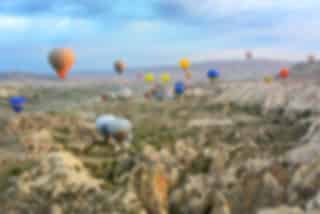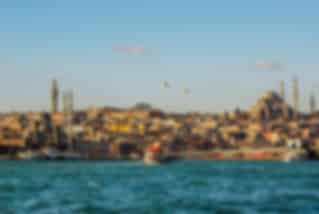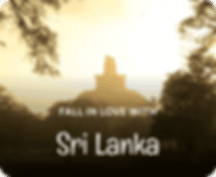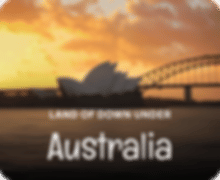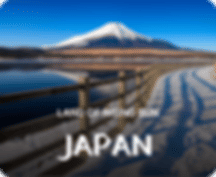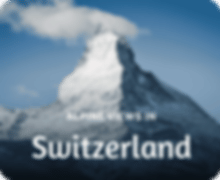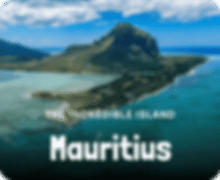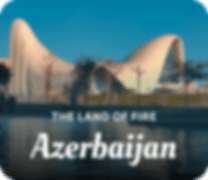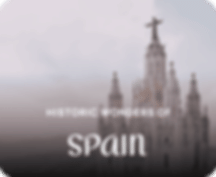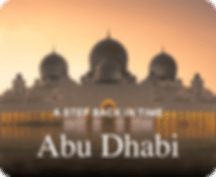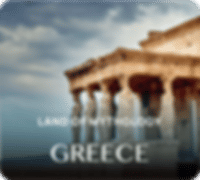Şeker and Kurban – The Turkey holidays celebrated nationwide
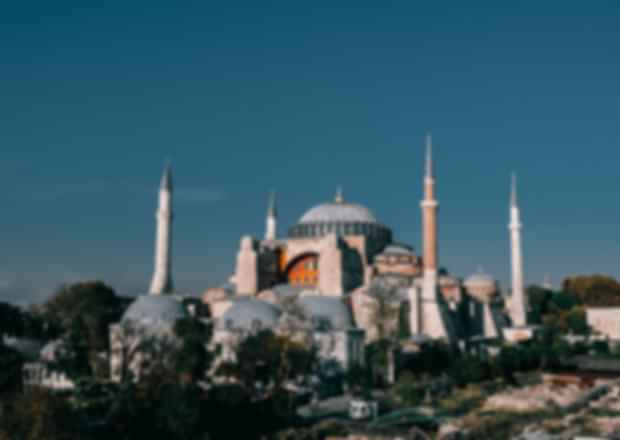
Every day in a vibrant country like Turkey is a celebration. Every moment that reflects their true culture and heritage is celebrated in this fascinating city. Music festivals, sports, and outdoor events, nightlife, cultural festivals, religious festivals are among the many festivals held in Turkey. This country has never failed to provide excitement.
History and Culture of Turkey
Turkey has a settled history dating back over 4,000 years, making it one of the world’s oldest nations. National hero Mustafa Kemal, who was eventually given the title Ataturk, or “Father of the Turks,” formed modern Turkey in 1923 from the Anatolian ruins of the fallen Ottoman Empire.
Since a constitutional change in 1924, Turkey has been a secular state with no official religion. Islam is a significant element of Turkish society for some Turks, yet the country is generally accepting of all religions and beliefs.
Turkey has a diverse culture that incorporates elements of Ouz Turkic, Anatolian, Ottoman, and Western cultures and customs. This mix is the consequence of Turks and their culture colliding with the cultures of the peoples that crossed their path on their way from Central Asia to the West. Turkish music and literature are excellent examples of such a fusion of cultures.
Also read: Reasons To Visit Turkey
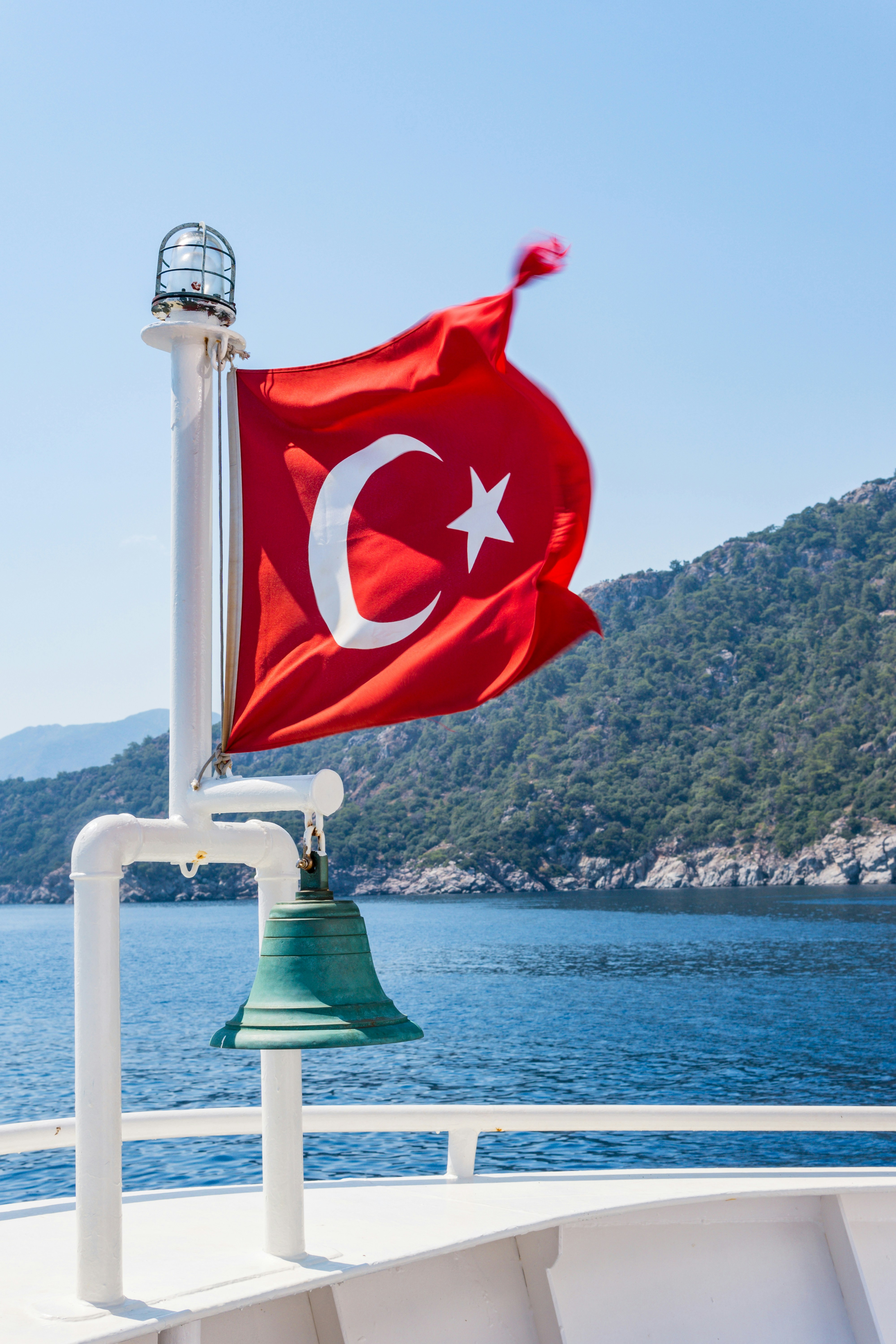
Turkey flag
Festivals in Turkey
Every year, Turkey celebrates plenty of festivals. Religious, cultural, and sacred festivals are common in Turkey. Istanbul is regarded as Turkey’s festival capital, as the majority of the country’s events are held there. Various music events are organized in Istanbul throughout the summer months. Rock’n Coke, Izmir World Fair, Ramazan, Cappadox, and Camel Wrestling are just a few of the well-known Turkey festivals. Schedule your trip with our Turkey packages around these festivals and festivities, regardless of whatever city in Turkey you want to visit. Now, let’s take a closer look at two of the country’s most well-known festivals.

Turkey culture
Şeker Bayramı
In Turkish, the term Bayram refers to holidays that are celebrated throughout the nation. The end of Ramadan is known as Şeker Bayramı or “The Sugar Feast”. Eid al-Fitr is the Arabic term for this religious festival. Eid means “festivity” and Fitr signifies “original nature”.
When and How is Şeker Bayramı celebrated ?
Şeker Bayramı is the Sugar holiday which is celebrated on the last day of Ramadan. The Festival of Fast-breaking, also known as Eid al-Fitr, is a major religious holiday celebrated by Muslims throughout the world that commemorates the end of Ramadan, the Islamic holy month of fasting. The celebration marks the completion of the 29 or 30 days of dawn-to-sunset fasting that Muslims observe throughout the month of Ramadan. Since the day of Eid is determined by the sighting of the moon, there may be slight differences in the precise date observed across the world. The actual dates of Eid Al-Fitr may not be announced until close to the beginning of Ramadan.
This is celebrated by holding family reunions and giving gifts and candy to children, as well as refraining from going to restaurants. This festival includes the custom of dressing up and eating something sweet, such as a date, on the route to the mosque, as well as reciting a short prayer known as a “takbeer”. Giving money to the poor, sending Eid wishes, and dining with family are also important parts of the Eid celebrations.
The holiday season is viewed as an opportunity to forgive, forget, and move on from any grudges or conflicts with others.
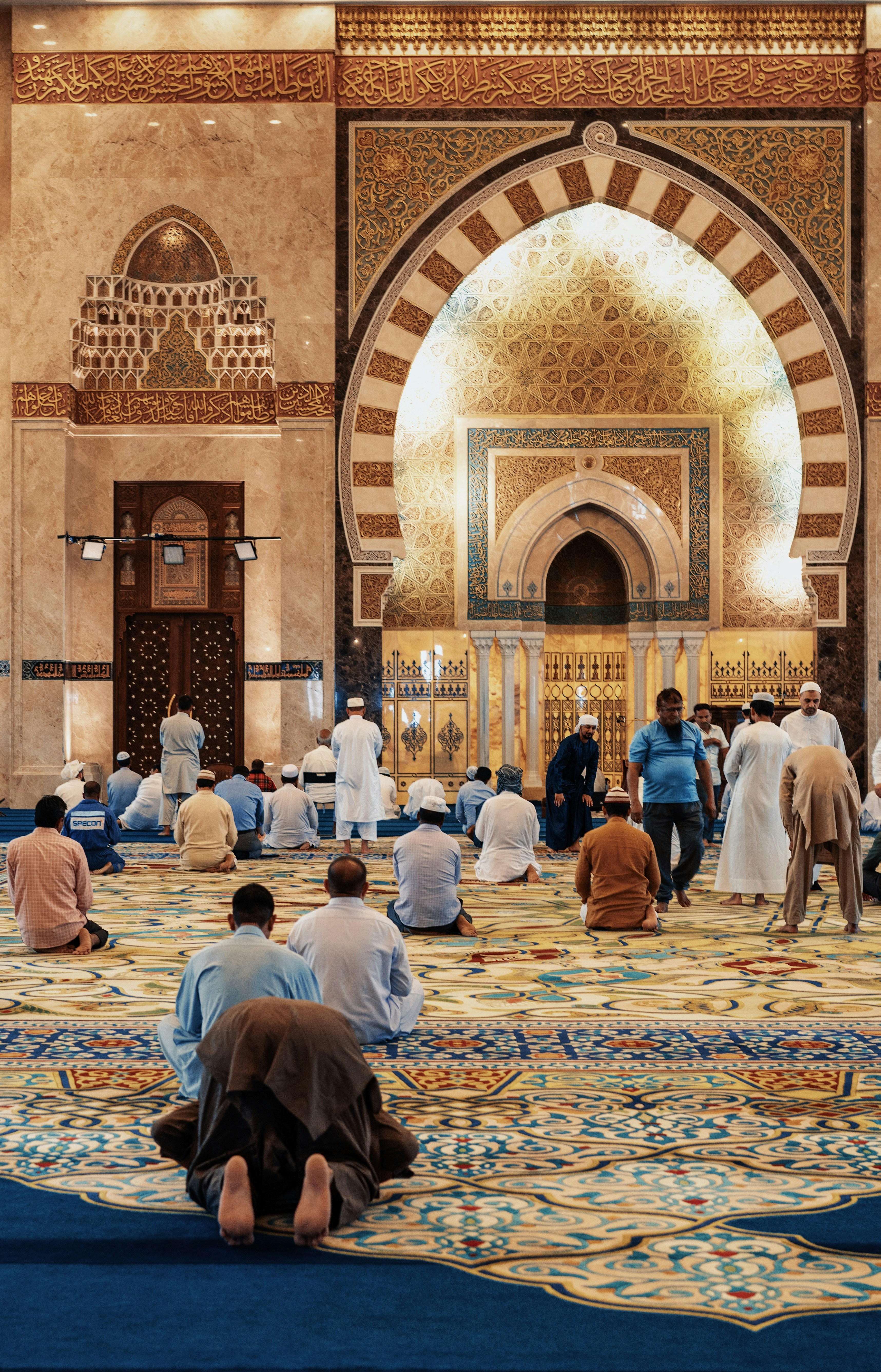
Turkey festivals
Kurban Bayramı:
Kurban Bayramı is known as “The Feast of sacrifice”. The Arabic term for this festival is Eid al-Adha. The feast of sacrifice recalls Ibrahim’s willingness to sacrifice his son Ishmael in order to demonstrate his devotion to Allah. Essentially the same scenario can be found in the Old Testament when Abraham was prepared to sacrifice his son Isaac until an angel intervened. All Abrahamic faiths’ members, but Muslims are presently the most active followers of this expression of faith. Even those who do not normally visit the mosque will typically do so on the first day of Bayram to attend the morning prayer.
When and How is Kurban Bayramı celebrated ?
The Feast of the Sacrifice occurs roughly 70 days after Ramazan ends. The festival will take place over four and a half days. The eve (arife) of the festival is a half-day of preparation for the four-day celebrations. Since the precise day is determined by moon sightings, the date may differ from country to country.
Muslims commemorate Ibrahim’s obedience by sacrificing a cow or ram at the Eid Al Adha feast. One-third of the dinner will be consumed by the family, another third will be shared with friends and relatives, and the remaining third will be donated to the poor and needy. Giving charity to the homeless or poor in the form of money, food, or clothing is another important custom of Eid al Adha, similar to Eid al Fitr.
How does these festivals affect the Turkey holidays ?
Government buildings, banks, and workplaces will be closed for the entire three days, and ATM machines are likely to run out of cash. Since the establishments must make money, the majority of stores, bars, and restaurants will remain open. At this time of year, roads are normally quite crowded as families travel for a 3 vacation or to see relatives and friends in neighboring towns and cities. Buses are likely to be full, and you may note that there are more Turkish people and cars in your vacation destination at this period, as well as busy beaches and filled hotels.

Turkey city
By the time you reach the end of this post, I am sure that you will be excited to visit such a lovely country. So go ahead and book your Turkey tour packages from Pickyourtrail. We are here to assist you in making the best vacation planning possible. So, what exactly are you waiting for? Start planning, start traveling 🙂
Check-Out Our Top-Selling Turkey Tour Packages
Turkey Family Trip Packages | Turkey Budget Tour Packages | Turkey Luxury Holiday Packages
Do Visit These Top Attractions in Turkey
Hagia Sophia | Goreme National Park | Sumela Monastery | Pamukkale Hot Springs | Pamukkale Turkey | Port of Istanbul Turkey | Kabak Bay Turkey | Butterfly Valley Turkey | A Bird’s Eye View of Cappadocia | Sahaflar Carsisi Istanbul | Ankara | Galata Tower Istanbul | Mardin
Recommended articles for you
Discover Packages


Need help in planning?
Talk to our Travel Experts



